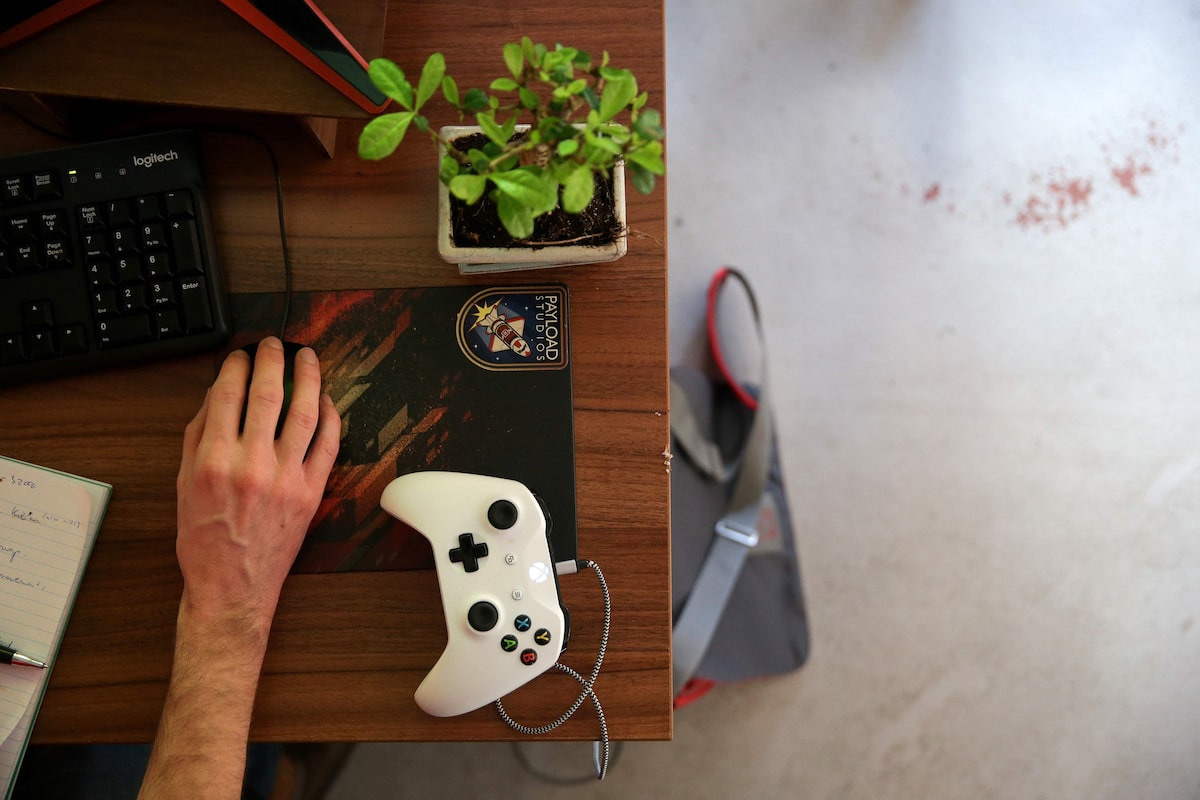Daniela Lobo, a psychiatrist at the Centre for Addiction and Mental Health in Toronto, has seen a worrying change in how some teenagers are playing video games.
Some patients in her practice as young as 16 are using their savings to buy loot boxes, which are virtual goodie bags filled with weapons and other items, that draw them into activities that resemble gambling. Often times, they’re not aware of the similarities.
“As people start to develop problems with it, there are increased conflicts at home, lower grades, people missing school [and] sleeping less,” Dr. Lobo said.
In Ontario, almost one-quarter of students in Grades 7 to 12 said they participated in gambling while gaming, according to the latest CAMH youth survey from 2023. The students reported spending real money to buy loot boxes or engaging in skins betting.
Although loot boxes aren’t considered gambling in Canada, many experts say that it is a gateway to gambling. Loot boxes are virtual containers that appear in some games and can be purchased through online currency, real money or won through gameplay. They often contain items such as weapons or cosmetic items that can be used to customize the online avatar of players. These items are referred to as “skins,” and can be sold outside of the game for real money, traded or even wagered on third-party gambling websites.
Loredana Marchica, a pediatric psychologist at Montreal Children’s Hospital and Pathways Psychology Clinic, worries about the feelings of reward that loot boxes create among young people.
“They never know what they’re gonna get,” Dr. Marchica said. “It almost sounds like a lotto machine, right? You go [pull] down the lever, and then it spins, and you get something.”
A 2020 study published in the Britain-based Society for the Study of Addiction found that loot boxes were present in more than half of the top-grossing apps on the Apple App and Google Play stores. More than 90 per cent of them were rated for those 12 and over.
Dr. Lobo said she’s been seeing what she refers to as a “gamification” of gambling. While gambling can take many forms, including sports betting, gambling while gaming is the most recent addition, she added.
Other countries, mostly in Western Europe, have taken various stances by implementing regulations on loot boxes or banning them entirely. However, many of the regulations are yet to be properly enforced, said Leon Xiao, an assistant professor at City University of Hong Kong, who holds a PhD in gaming law with a focus on the regulation of loot boxes. Gamers can get around these laws by using an IP address or other loopholes, so the bans are also yet to be successful.
In Canada, loot boxes were recently examined in the National Assembly of Quebec, but no regulations have been announced.
Dr. Lobo at CAMH said that in some studies four per cent of secondary school students have reported symptoms of gambling problems. While this may seem like a relatively low number, it’s more than double the rates of mental illnesses such as bipolar or schizophrenia, she added.
“It’s not everybody, but the problem is the people who are affected are severely affected,” she said.
Dr. Lobo emphasized that it is important for parents to have conversations around appropriate use of technology early on, before kids reach teenage years and are more susceptible to features such as loot boxes.
“It’s not about catastrophizing and saying that everybody’s going to become addicted to it, but it is about realizing that there are concerns,” she said.
